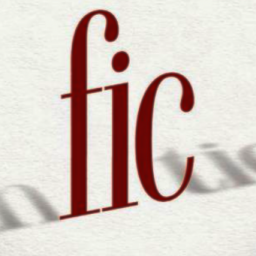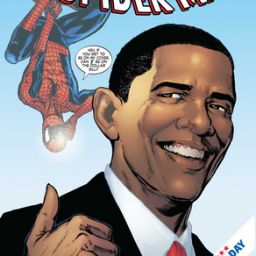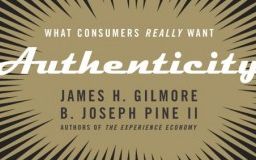Check out Rebecca Tushnet, User-Generated Discontent: Transformation in Practice, 31 COLUM. J.L. & ARTS 110 (2008). [translation: it’s in the Columbia Journal of Law and the Arts]
She argues that the non-commercial nature of fan works makes them transformative, an important element in determining whether a use of a copyrighted work was fair use. (She is also the author of the first comprehensive law review article on fanworks, focusing on fan-fiction.)
Unauthorized, unplanned creativity has immense value even at the most instrumental level: beginning with popular sources gives young creators a place to start, heightens their enthusiasm for writing, and provides them with an eager and helpful audience. The social value of hundreds of thousands of unauthorized Harry Potter-inspired stories rests not merely in the stories’ critical potential in challenging the sexual, racial and political assumptions of the original, but also in the skills that fans learn while writing, editing, and discussing them. … The transformation here is mainly of the creators and the audiences, and it should be recognized as a legitimate type of transformation.
Using a work as a building block for an argument, or an expression of the creator’s imagination, should be understood as a transformative purpose, in contrast to consuming a work for its entertainment value.
Noncommercial works display systematic differences in subject matter, aesthetics, accessibility, and other creative features. If we value expressive diversity, as copyright doctrine routinely suggests, we should not attempt to assimilate everything into the profit-seeking sphere, even if it were possible to do so.
My response: Continuing to view fanworks made for the love or the lols in the same light as commercial works doesn’t make sense, considering the vast difference in purpose and in effect on potential consumers. Parody is already considered to be transformative, so expanding the definition to also include the myriad of fanworks made to share not to profit makes complete sense to me. And considering that many fanworks are based on works with cultural resonance, fandom-based creativity often serves as both a way to turn a mirror on cultural phenomena (like parody) and as a way to continue creativity (the mirror on the mirror).
But then again, I view fair use as a flexible tool for expanding cultural use of copyrighted material, especially our present multi-generation copyright terms.




